“Composition
Active ingredients
Each film-coated tablet contains 200 mg of ibuprofen.
Excipients
Tablet core: modified corn starch, sodium croscarmellose, hypromellose, stearic acid, colloidal anhydrous silicon dioxide. Hypromellose shell, macrogol 8000, titanium dioxide.
Directions
Ibuprofen Farmentis is indicated for the short-term symptomatic treatment of mild to moderate pain.
Method of administration and dosage
Dosage The minimum effective dose should be used for the minimum period of time necessary to relieve symptoms. The dose of ibuprofen is calculated based on the patient’s body weight and age. The intervals between doses depend on the symptoms and the total maximum daily dose. The minimum interval should be at least 6 hours. The recommended dose should not be exceeded.
Age _Single dose_Maximum daily dose
12-15 years_1 tablet (equivalent to 200 mg ibuprofen)_3 tablets (equivalent to 600 mg ibuprofen)
over 15 years_1-2 tablets (equivalent to 200-400 mg ibuprofen)_6 tablets (equivalent to 1200 mg ibuprofen)
For short-term use. If use of the drug is necessary for more than 3 days in adolescents or if symptoms worsen, consult a doctor. If use of the drug in adults is necessary for more than 4 days or if symptoms worsen, consult a doctor.
How to use: For oral administration. Film-coated tablets should be swallowed whole with water. Patients with increased stomach sensitivity are advised to take ibuprofen with food.
Contraindications
The drug IBUPROFEN FARMENTIS 200 mg film-coated tablets is contraindicated in the following cases: – hypersensitivity to the active substance or to any of the excipients listed in paragraph 6.1. – known reactions of bronchospasm, asthma, rhinitis, angioedema or urticaria after previous use of acetylsalicylic acid or other non-steroidal anti-inflammatory drugs (NSAIDs) – unspecified hematopoietic disorders – active peptic ulcer/bleeding or history of recurrent peptic ulcer/bleeding (two or more separate episodes of proven ulceration or bleeding) – history of gastrointestinal bleeding or perforation related to previous NSAID therapy – cerebrovascular haemorrhage or other types of active bleeding – severe hepatic or renal impairment – severe heart failure (NYHA class IV; see also section 4.4) – severe dehydration (caused by vomiting, diarrhoea or inadequate fluid intake) – last trimester of pregnancy (see section 4.6). IBUPROFENE PHARMENTIS 200 mg film-coated tablets The drug is contraindicated for children under 12 years of age, as this dosage is not suitable due to the large amount of active substance.”








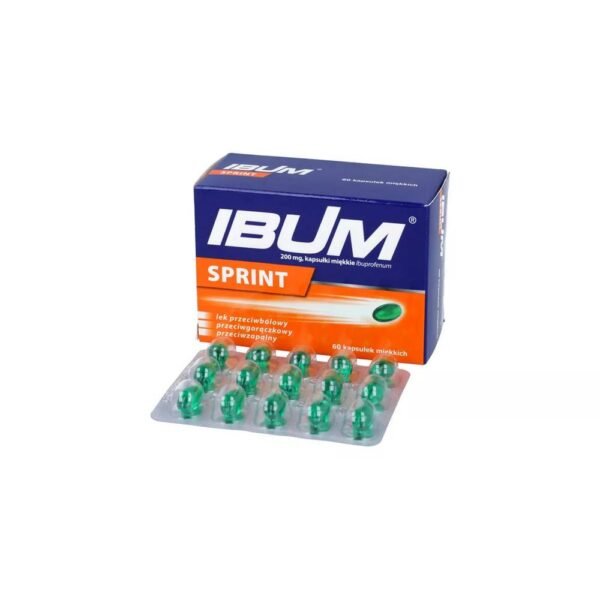



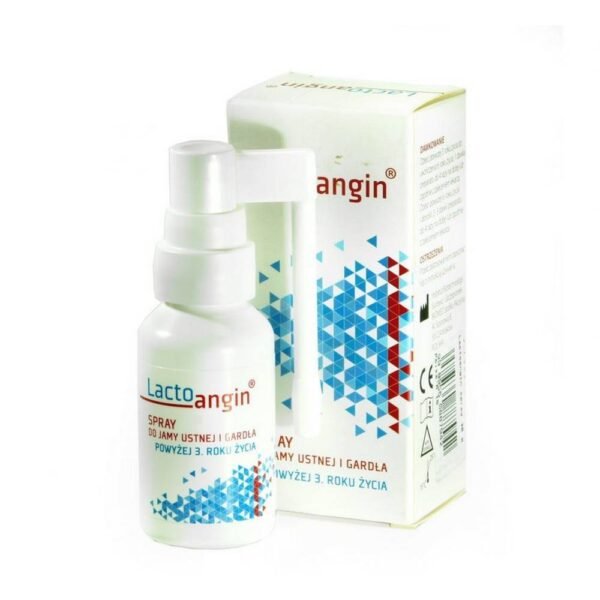
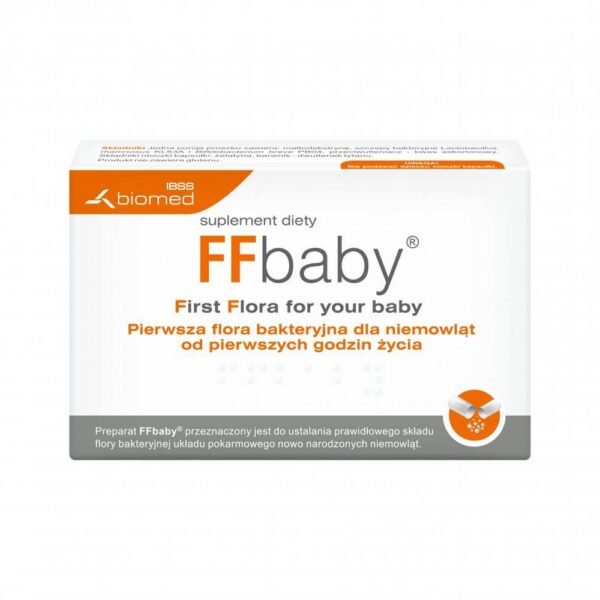
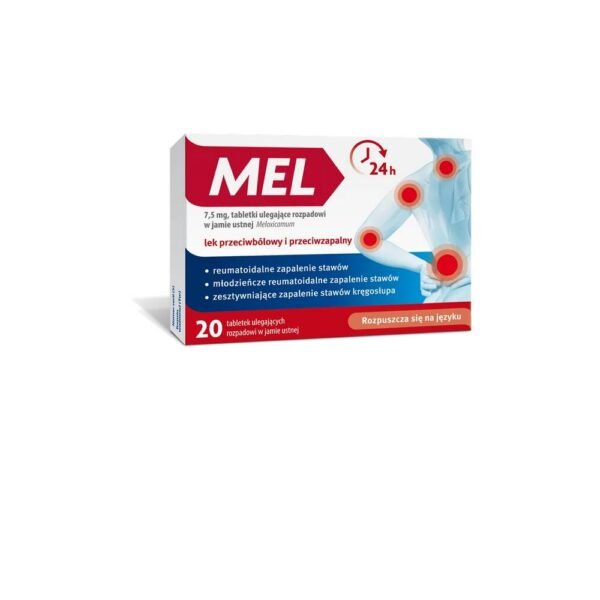
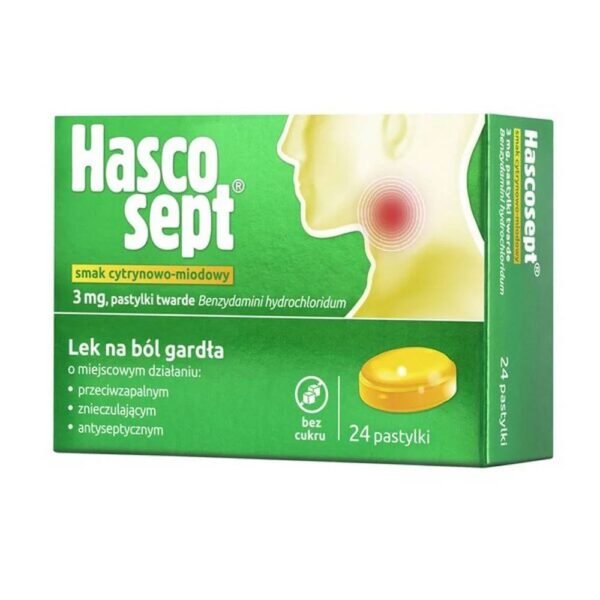
Reviews
There are no reviews yet.